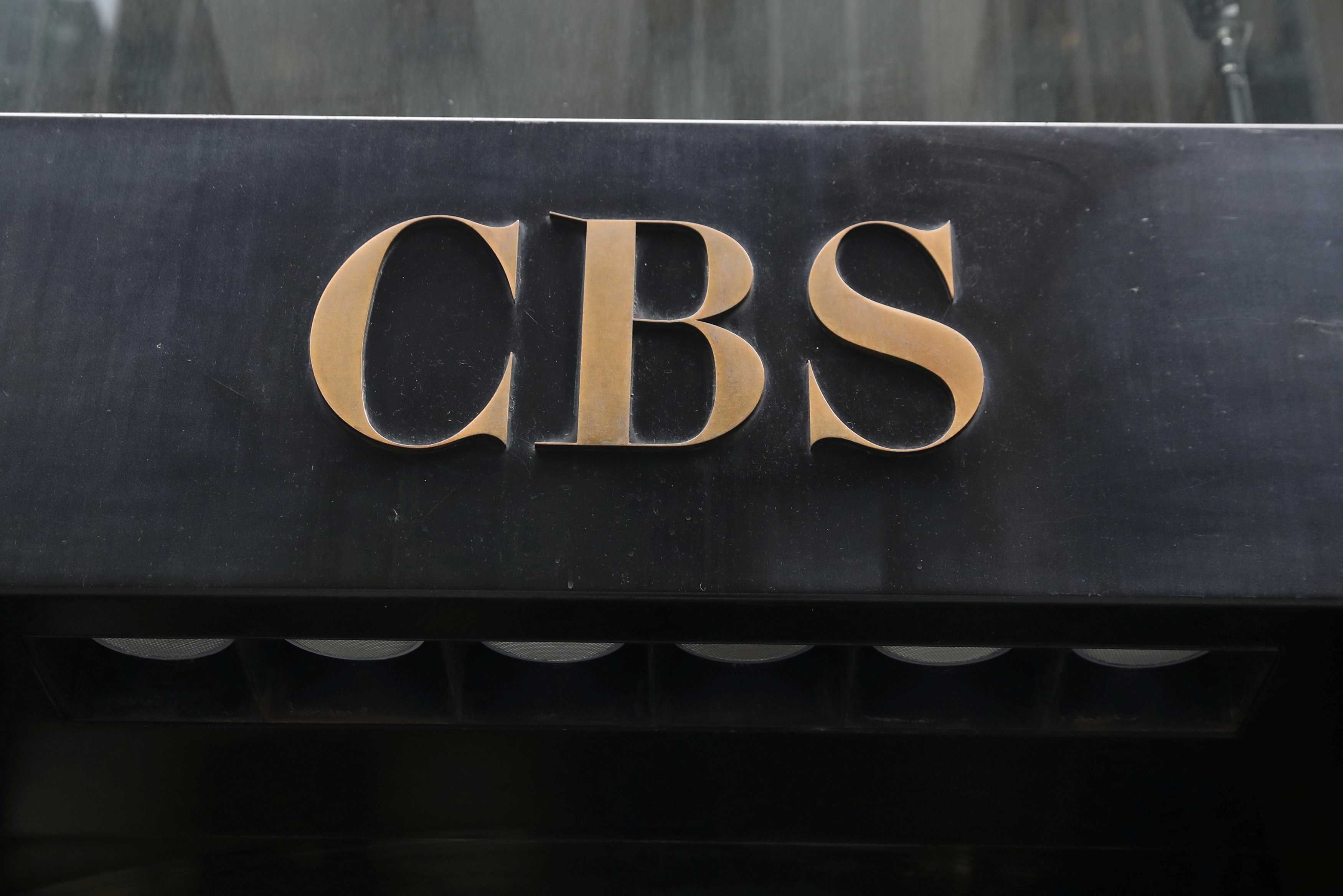U.S. appeals court revives case against CBS over pre-1972 recordings
By Jonathan Stempel
(Reuters) – A federal appeals court on Monday revived a lawsuit accusing CBS Corp <CBS.N> and CBS Radio of copyright infringement for playing digitally remastered songs recorded before 1972 by Al Green, the Everly Brothers, Jackie Wilson and others on radio stations and online.
The 9th U.S. Circuit Court of Appeals in Pasadena, California said a lower court judge acted too quickly in saying federal copyright law preempted California state law claims by the plaintiffs, which owned the original analog recordings.
“A digitally remastered sound recording made as a copy of the original analog sound recording will rarely exhibit the necessary originality to qualify for independent copyright protection,” Circuit Judge Richard Linn wrote for a 3-0 panel.
The decision is a victory for owners of older songs, who drew support from the Recording Industry Association of America trade group, and have for many years battled broadcasters in court over royalties.
Some owners have found success in arguing that state laws forbade playing their songs without permission. Recordings before Feb. 15, 1972 are not covered by federal copyright law.
CBS last November split off its CBS Radio business, which merged with Entercom Communications Corp <ETM.N>.
A lawyer for the defendants did not immediately respond to requests for comment. Entercom did not immediately respond to similar requests. CBS had no immediate comment.
The plaintiffs ABS Entertainment Inc, Barnaby Records Inc, Brunswick Record Corp and Malaco Inc sued over CBS’s playing of songs they had remastered from their original analog format.
Such remasterings can change songs’ original timbre, sound balance and loudness, but otherwise leave them unedited.
In May 2016, U.S. District Judge Percy Anderson in Los Angeles said CBS, which according to court papers did not use analog recordings, should not pay because the remastered recordings were authorized “derivative works” governed only by federal copyright law.
But Linn, who normally sits on the Federal Circuit appeals court in Washington, D.C., said aural changes resulting from digitally remastering analog recordings generally do not “exhibit the minimum level of originality to be copyrightable.”
Linn also said the plaintiffs’ state law copyrights were “distinct” from rights inherent in the remasterings, and the CBS counterarguments would leave the plaintiffs “uncompensated and without control of distribution of their creative product.”
The appeals court returned the case to Anderson, including for a review of the plaintiffs’ class-action claims.
Robert Allen, a lawyer for the plaintiffs, in a statement said the decision “completely vindicates our clients.”
The case is ABS Entertainment Inc et al v CBS Corp et al, 9th U.S. Circuit Court of Appeals, No. 16-55917.
(Reporting by Jonathan Stempel in New York; Editing by Susan Thomas and Chris Reese)

